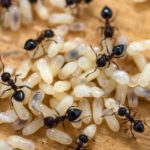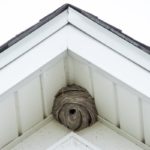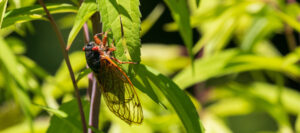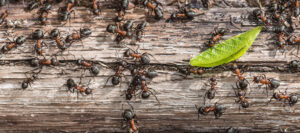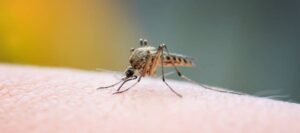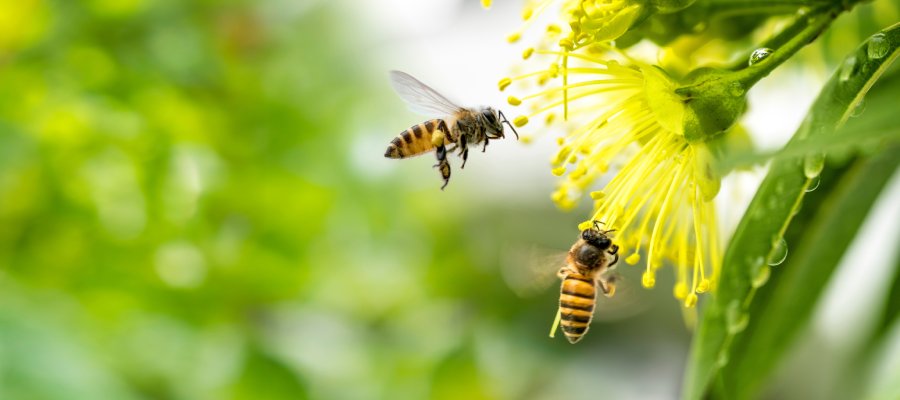
Summertime means spending time outside. Unfortunately, it also means bugs. Wasps and bees are prevalent in summertime in Central Iowa. Encountering them can result in annoyance, stings and even serious allergic reactions. So, how can you keep bees and wasps from interfering with your outdoor plans this summer naturally? Read on to find out.
Plants That Bees and Wasps Like
Since bees and wasps are pollinators, it’s no surprise that they’re attracted to plants. Here are plants that bees and/or wasps are especially fond of:
- Black-eyed Susan
- Honeysuckle
- Lantana
- Lilacs
- Perennial Yarrow
- Poppies
- Pale Purple Coneflower
- Sweet Fennel
- Wisteria
- Queen Anne’s Lace
- Sedum
- Snapdragon
- Sunflowers
If any of these plants are growing near your home, consider moving them further away, if possible. Especially if they’re close to a patio or other outdoor space that you use frequently.
Have a pest problem? We can help!
Plants That Bees and Wasps Don’t Like
There are also several plants that act as natural repellents to bees or wasps. The reason? They have a strong smell that they dislike. These plants include:
- Basil
- Citronella
- Eucalyptus
- Geraniums
- Marigolds
- Peppermint
- Spearmint
- Thyme
- Wormwood
If you want to keep stinging insects away and don’t mind the smell, consider adding some of these plants near the outdoor spaces of your home, like a porch, deck or patio.
Bees and Wasps and Food
In addition to plants, stinging insects are attracted to food. Since eating outside is a part of summer, with cookouts, picnics and kids eating ice cream, this can bring stinging insects and humans into close contact.
However, there are steps you can take to help keep bees and wasps away from your outdoor meal.
- Try not to leave food out. Throw it away or put it in a sealed container when you’re done.
- Wasps are attracted to sugary drinks so be sure to keep them closed or covered.
- When you throw away food, or trash that’s come into contact with food, close the trash can lid securely.
Bees and wasps are attracted to many types of food. However, like with plants, there are some food items that repel bees and wasps, including:
- Bay Leaves
- Cinnamon
- Cloves
- Cayenne Pepper
- Garlic
- Sliced Cucumber
- Vinegar
These can be used to help keep stinging insects at bay in a few different ways. You can create a perimeter around an outdoor space that you’d like to keep wasp and bee-free. Or you can just slice, chop or pour some of these common grocery items in a container, leave it on a patio table and let the strong odor go to work.
How to Repel Bees and Wasps with Essential Oils
Another way to keep stinging insects away naturally is to make a pest repellent spray using essential oils. Bees and wasps dislike the smell of these essential oils:
- Citronella oil
- Clove oil
- Eucalyptus oil
- Geranium oil
- Peppermint oil
- Rosemary oil
Simply combine essential oil and water at a ratio of two drops of essential oil per ounce of water to make a natural alternative to store bought insect repellent.
Bee and Wasp Removal Experts in Central Iowa
These natural pest repellents likely won’t be enough to control serious infestations. In that case, you may need to hire a local exterminator to get rid of the bees or wasps on your property. Springer has been providing pest control services in Central Iowa since 1989. If you want to get rid of stinging insects on your property, call us today for a free quote!
How to Naturally Repel Bees and Wasps in Des Moines
Serving Central Iowa since 1989

